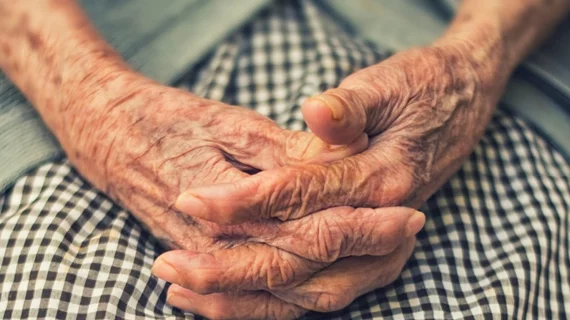34M Americans know someone who died because they couldn’t afford healthcare
A shocking number of Americans know someone, either a friend or family member, in the past five years who died because they couldn’t afford to receive necessary medical treatment, according to a new Gallup and West Health study.
In fact, more than 13% of American adults, or 34 million people, said they knew someone like this, with non-whites, lower-income households, those younger than 45 and political independents and Democrats more likely to know someone who died under these circumstances.
The findings were based on surveys with more than 1,000 U.S. adults, in which they were asked “Has there been a time in the last five years when a friend or family member passed away after not receiving treatment for their condition due to their inability to pay for it?”
The survey also found a rise in the percentage of adults who said they didn’t have enough money in the past 12 months to pay for needed medicine or care that was prescribed to them by a doctor. In January 2019, 18.9% said they could not afford it, compared to 22.9% in September, which represents about 58 million adults. Women in particular struggled more with medication insecurity due to their inability to pay for prescribed medication, rising to 27.5% compared to 18.1% for men.
“The substantial number of Americans who know someone who has died after not receiving treatment because of their inability to pay for it, coupled with the rise in the percentage who have not had enough money to pay for their prescriptions, underscores the urgency of the U.S. healthcare cost crisis,” the study reads.
Across the board, most Americans believe prescription drugs cost too much for patients. About nine in 10 adults said costs are usually much higher or tend to be somewhat higher than what consumers should be paying for drugs, according to the study. However, those who identify as Republicans are more likely to believe President Trump has been somewhat successful in reducing drug price increases, despite hundreds of drug prices soaring in 2019.
According to the study, only 31% of Republicans said the Trump administration has not made very much progress limiting rising costs, compared to 66% of independents and 96% of Democrats. Without much being done to curb rising costs and millions of Americans knowing someone who has died because they couldn’t afford care, policy failures are in plain sight and the American public’s trust is also fading, according to Gallup.
“These realities starkly highlight the significant practical implications of drug prices on U.S. residents, as well as the effects of healthcare policy action––or inaction,” the study reads.

